Sudan Uprising: Sudanese Youth and Diaspora Dispel Negative Stereotypes
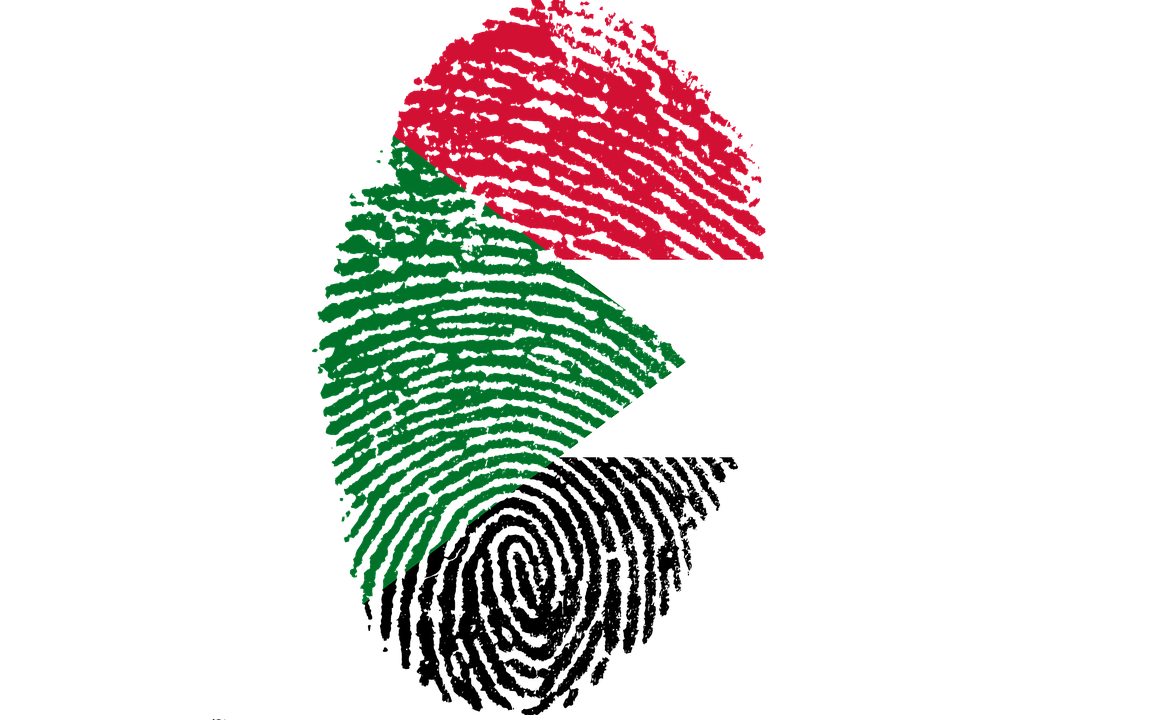
Image source: Kurious/PixaBay
For anyone who has been following Sudan for the past month or so, social media platforms such as Facebook and Twitter have been set alight with posts with pictures and videos of protests unfolding in the country. These protests appear to have triggered some sort of awakening for the Sudanese diaspora, a sense they are seeing history in the making, even referring to it as an uprising or revolution that may be more significant than 1964 and 1985 revolutions.
The protests erupted across Sudan in December 2018 in response to worsening living conditions across the country and a hike in prices of basic commodities, and bread and fuel shortages. Calling for the downfall of President Omar Al Bashir and his regime, the protests began in El-Damazin on 13 December 2018 but protests in Atbara on 19 December 2018 became recognised as the impetus of the protests with the burning of the National Congress Party (NCP) building. Since then, the protests spread rapidly to more than 30 towns and cities across the country. The government response has been to quell the protests violently using live ammunition, rubber bullets and tear gas. According to rights groups, since the protests began, more than 40 people have been killed, more than 1,000 arrested and scores injured.
Soon after, the protests spread beyond Sudan. For the past 40 days or so, members of the Sudanese diaspora have been protesting across the globe in solidarity with protesters in Sudan, with protests taking place in London, Ireland, Paris, Washington DC, Cairo and even a lone protester in Tokyo. There have been public and private fundraisers to support the families of those killed, injured or detained. But fundamentally, many see their role as amplifying the voices of those in Sudan, and this how it should continue.
The youth in Sudan are leading the ongoing uprising and their diaspora counterparts are supporting. For those in the diaspora, solidarity protests were often the domain of the first generation. However, what is emerging is the large number of the second generation who are taking part in these solidarity protests, also taking to social media, attending Sudan-related events and generally attempt to keep the focus on the protests.
I was struck by several things. Too many to mention in just one article. One of which is those leading the protests in Sudan are young people who had not known any other government but Al Bashir’s in their lifetime. Also, many of their elders, in Sudan and the diaspora, had written them off as lazy or not caring, but young men and women in Sudan have dismantled these negative stereotypes by taking to the streets. The humour emerging is really funny, certainly a contrast to the mournful news of killings, injuries and arrests. As peaceful demonstrations flooded the streets during the day, wedding ceremonies took place during the night. Brides and grooms and their wedding guests sang in tandem with the popular hashtag تسقط_بس#, which translates to ‘Just fall [Omar Al Bashir]. That is all’, or ‘أي كوز ندوسو دوس ,ما بنخاف ما بنخاف ما بنخاف‘, which loosely translates to ‘Any supporter of the regime, we will stomp on him. We have no fear‘. Soon after, a fantastic array of songs and art began to surface, mostly coming from the diaspora, to reflect the protests – read 500 Words Magazine’s articles: Sudan Uprising: On An Artistic Note; Weddings in Sudan Embrace ‘Sudan Uprising’ Chants; New ‘Sudan Uprising’ Tracks You Should Listen To.
Despite the euphoria for the possibilities, there are also sobering realities. Sudan has long witnessed civil unrest and conflict. The conflicts that has inflicted mostly the in the south of the country costing the lives of more than 1.5 million people. The conflict led to the succession of South Sudan in 2011, becoming the youngest country in the world. Sudan dependent heavily on the oil that was mostly in now South Sudan, according to International Monetary Fund (IMF), the succession led to the loss of three quarters of oil production, two-thirds of exports and half of its fiscal revenue.
In 2011, with a longstanding neglect of Sudan’s periphery, conflicts erupted in the Nuba Mountains and Blue Nile with civilians paying a heavy price. In the on on-going conflicts in Darfur, which started in 2003, more than two million people fled their homes and according to the UN, more than 300,000 dead. For the violations against civilians in Darfur, Al Bashir faces two international arrest warrants issued by the International Criminal Court (ICC) on charges of genocide, war crimes and crimes against humanity.
There are ethnic divisions to be healed, Sudan’s 2.5 million internally displaced persons (IDPs) and refugees to find durable solutions, and almost non-existent education and health infrastructure to be restored. Although there is a lot of work to be done now and in the future, but with time, effort and vision, progress can happen.
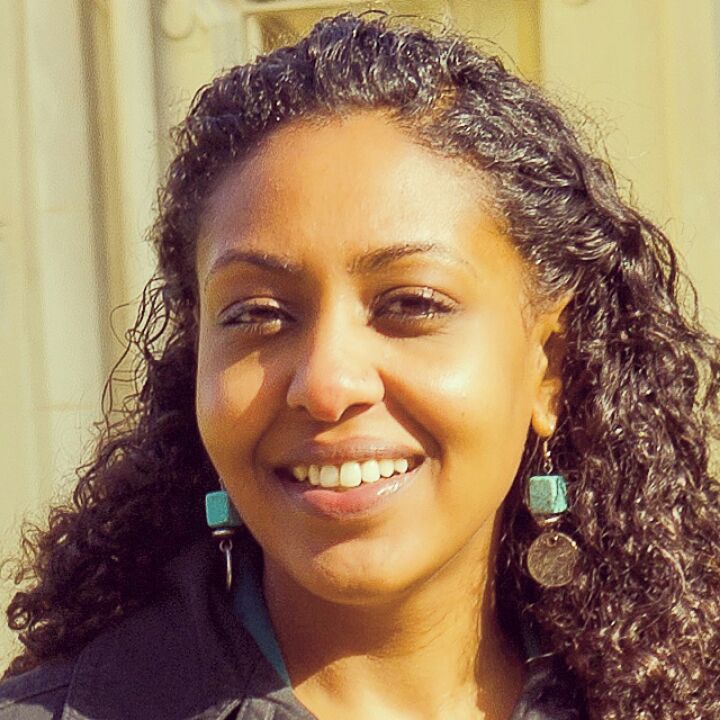 Bashair Ahmed is the Executive Director of Shabaka, a diaspora led social enterprise working towards achieving sustainable development in Africa and Middle East. Concurrently, Bashair is a Doctoral Researcher at the University of Sussex, UK, conducting research on activism among second generation diasporas (children of migrants) from the Horn of Africa, focusing on those who were born or raised abroad and based in London and Washington, DC. Bashair previously worked for various international development and humanitarian organisations focusing on fragile and conflict affected countries conducting research, advocacy and programme management in the areas of human rights, gender equality and protection.
Bashair Ahmed is the Executive Director of Shabaka, a diaspora led social enterprise working towards achieving sustainable development in Africa and Middle East. Concurrently, Bashair is a Doctoral Researcher at the University of Sussex, UK, conducting research on activism among second generation diasporas (children of migrants) from the Horn of Africa, focusing on those who were born or raised abroad and based in London and Washington, DC. Bashair previously worked for various international development and humanitarian organisations focusing on fragile and conflict affected countries conducting research, advocacy and programme management in the areas of human rights, gender equality and protection.
 Shabaka is a start-up social enterprise providing a platform for diaspora collaboration towards development in Africa and the Middle East. Shabaka aims to promote and support diaspora engagement in development for greater fairness in political, legal, and economic systems. Shabaka self-sustains their operations by providing consultancy services to corporate, NGO, community and government sectors working to address development and humanitarian challenges.
Shabaka is a start-up social enterprise providing a platform for diaspora collaboration towards development in Africa and the Middle East. Shabaka aims to promote and support diaspora engagement in development for greater fairness in political, legal, and economic systems. Shabaka self-sustains their operations by providing consultancy services to corporate, NGO, community and government sectors working to address development and humanitarian challenges.

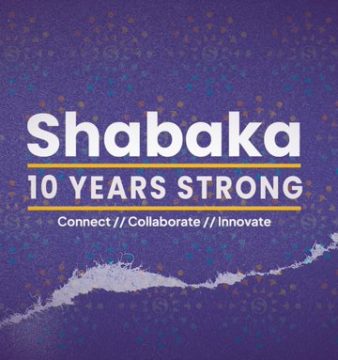
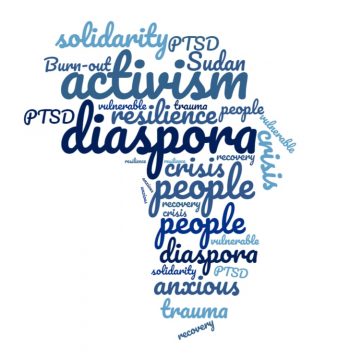
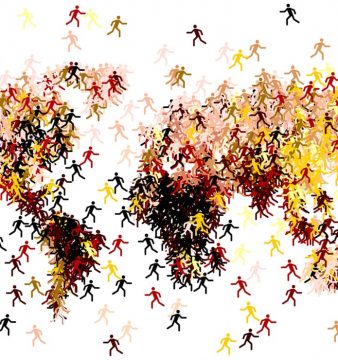

[…] protests were driven by young people – those born or raised under Bashir’s almost 30-year rule. Women, young Sudanese women, in particular, have played a crucial role in the protests at all […]